New Delhi: The Delhi Transport Corporation (DTC) has approved a Rs 2,616 crore redevelopment plan for two of its major bus depots, partnering with public sector firm Engineering Projects India Ltd (EPIL) for project planning and technical consultancy.
Asset Monetisation Model Gains Momentum
The Banda Bahadur Marg and Sukhdev Vihar depots will undergo commercial redevelopment as part of DTC’s push to modernise infrastructure without additional financial burden. The proposal, approved last week, follows EPIL’s submission of an initial plan in October 2024, and a detailed project roadmap in November.
EPIL, a public sector enterprise under the Ministry of Heavy Industries, estimates that the Banda Bahadur Marg depot project could generate Rs 1,858 crore in revenue, while the Sukhdev Vihar project could bring in around Rs 758 crore. These revenues are expected to be reinvested into improving DTC’s transport facilities.
Project Timelines and Scope
The Banda Bahadur Marg depot is slated for completion in 28 months, while the Sukhdev Vihar depot is expected to be ready within 21 months. Both projects aim to transform the depots into multi-utility transport hubs with increased parking capacity, multi-level depot facilities, and provisions for commercial use.
A senior DTC official said the initiative aligns with its broader strategy of asset monetisation, similar to models adopted by the Delhi Metro Rail Corporation (DMRC). The plan also includes revamping associated residential colonies and utilising underused land for commercial purposes.
Broader Strategy for Non-Fare Revenue
DTC currently operates a fleet of 3,984 buses, including 1,612 electric buses, and plans to induct 1,040 more electric buses soon. In recent years, the corporation has explored alternative revenue streams through mobile tower rentals, advertisement rights, and leasing land to government offices.
The redevelopment is part of a long-term strategy to reduce dependence on fare-based income and improve operational sustainability. DTC has previously entered agreements with other PSUs such as NBCC (India) Ltd and DMRC for similar asset-based initiatives. While NBCC will manage implementation, EPIL’s role will be confined to technical planning.

















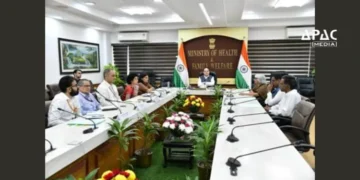
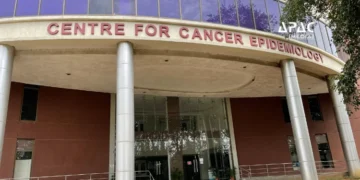








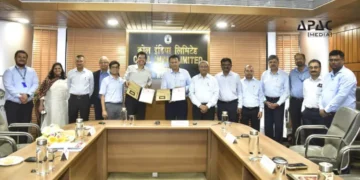
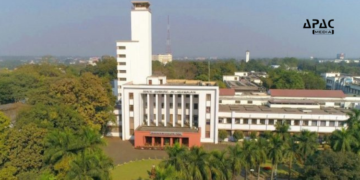
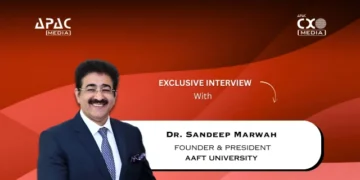

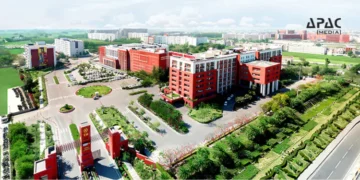
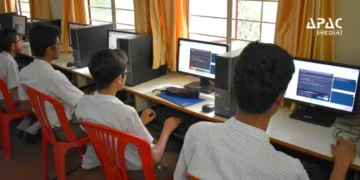

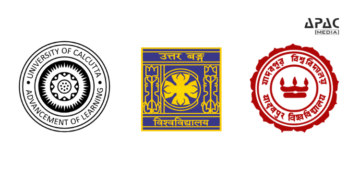








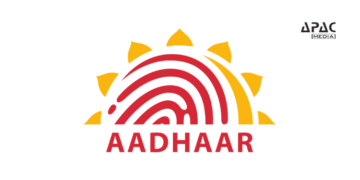



















Discussion about this post